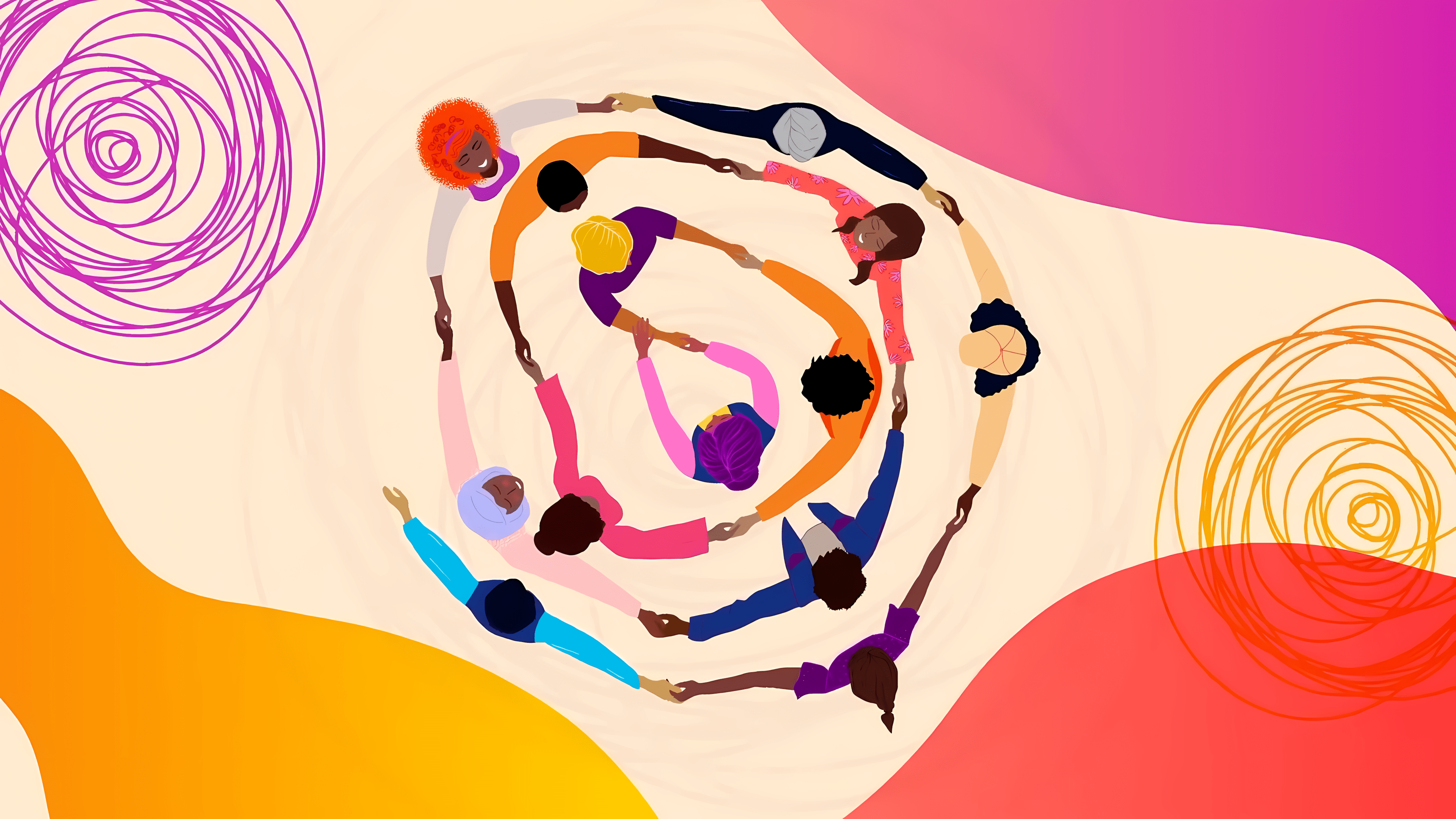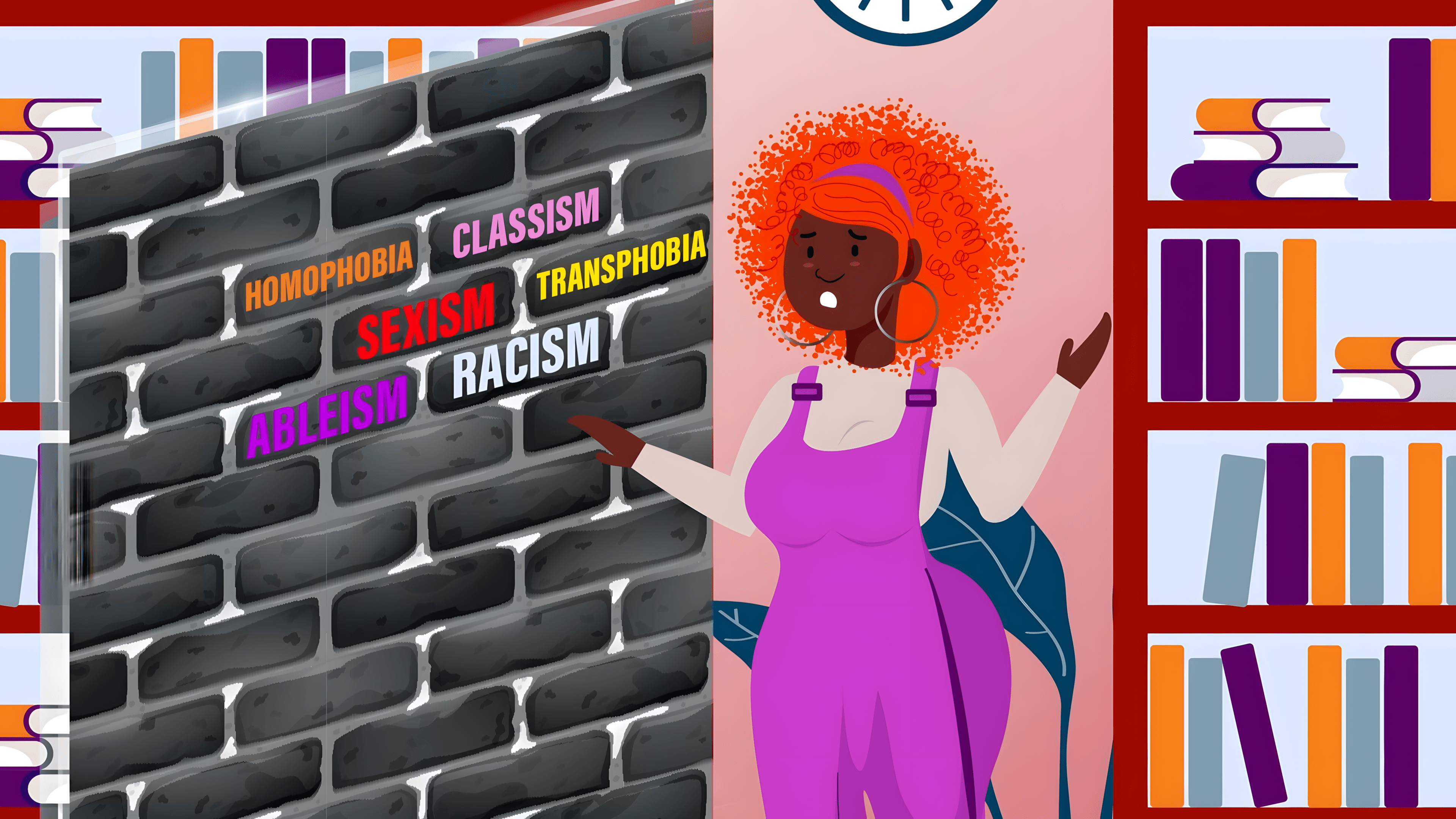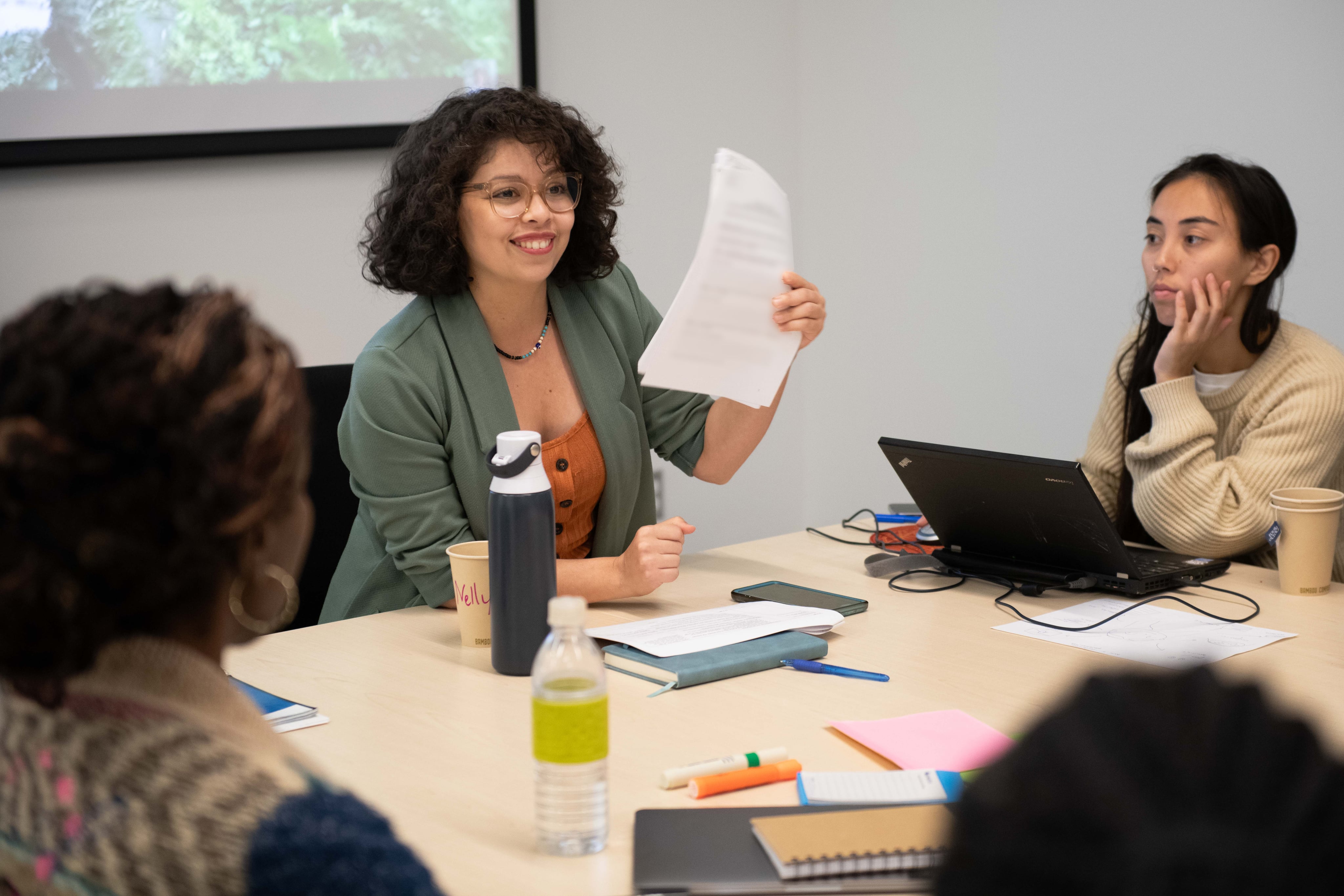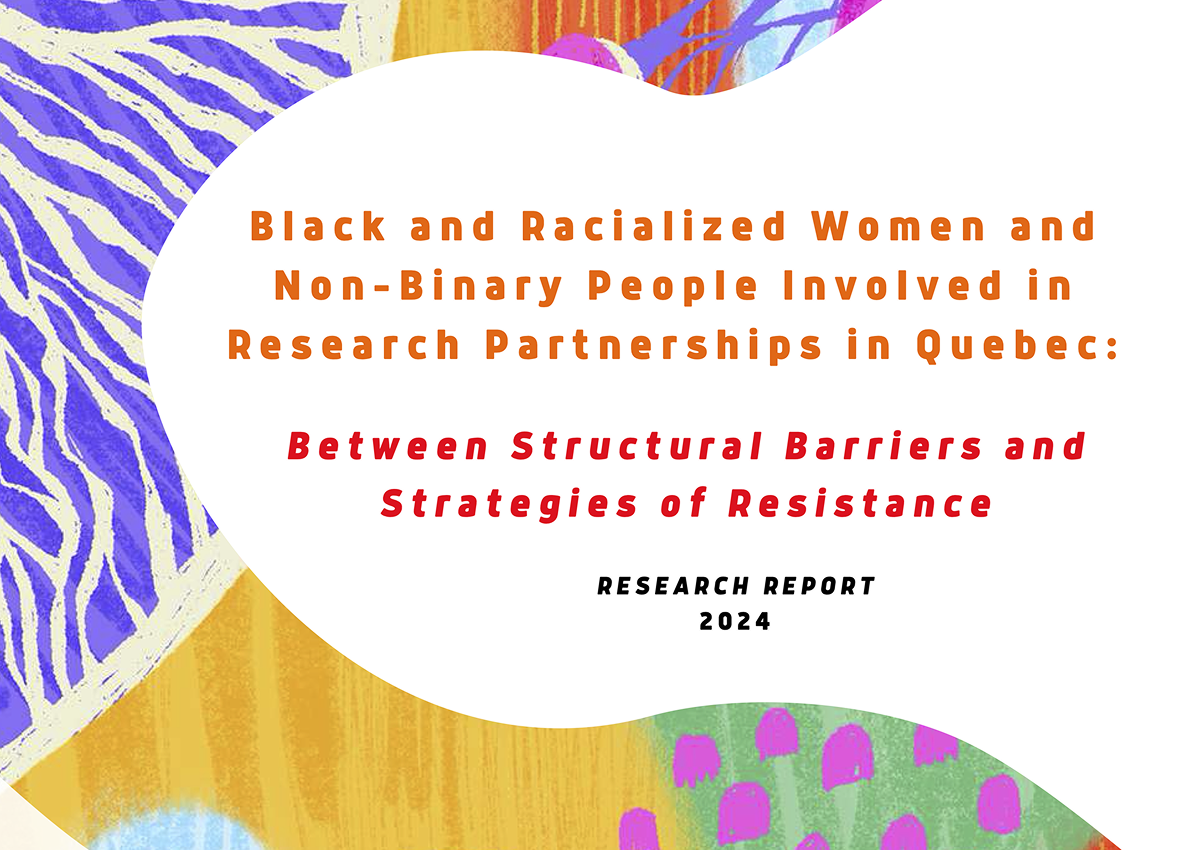Protecting Your Knowledge Is Also an Act of Self-Defense

You’ve spent months—or even years—working on a research project. Then, at a meeting, your work is discussed… but you’re not mentioned. Or worse, it’s credited to someone else—with a smile. You want to speak up, but you hesitate, unsure if it would be “too much.” So you stay silent. Unfortunately, situations like this are all too common. In research environments, Black and racialized women and people with marginalized gender identities often face appropriation, erasure, or invisibilization of their knowledge, ideas, and expertise.
Protecting your work isn’t just about guarding a document or idea. It’s about preserving what you’ve invested of yourself—your time, your knowledge, your unique perspective. It means setting clear boundaries—not to exclude others, but to maintain control over what you contribute and to ensure you receive proper credit. Here are some practical steps to help you protect yourself, earn respect, and keep control over your work.
1. Don’t share it all
This isn’t about being overly suspicious—it’s about being realistic. Never share the full version of your work without a clear framework. Keep a personal copy, secure your files (read-only PDFs, digital signatures, credits in footnotes), and if you need to send a document, send a lighter version or, even better, CC others in your email to make the sharing visible.
2. Demand fair recognition: your contribution and work have real value
If someone asks you to contribute to a project, ask the important questions: Who will be credited? In what order? What are the terms of distribution? If it’s unclear, suggest a simple intellectual property agreement (here’s a guide to help draft one). And if anything feels uncertain, ask directly: “Will my name be on it?”—even if it feels uncomfortable.
3. Cultivate Visibility
You don’t need to constantly self-promote, but if you don’t make your expertise known, others might take credit for it. Consider creating a website, portfolio, newsletter, or simply keep a “brag file” on your computer where you gather your accomplishments, compliments, key contributions, and so on. Make it a habit to claim what you’ve done—even if it doesn’t come naturally.
4. Resist the traps of modesty and overperformance
You don’t need to prove you deserve your place by doing twice as much as others. Don’t fall for the illusion that your excellence will speak for itself. In an unequal world, modesty often leads to invisibility. You can be both humble and proud. You have every right to say you worked hard, led a project from start to finish, and possess valuable expertise.
5. When your ideas are stolen: respond strategically
Marie Dasylva, a professional coach for marginalized people, offers smart tactics to ensure idea theft doesn’t go unchecked. If someone takes your idea in a meeting, ask a technical question only you can answer, then reclaim the conversation. If a colleague repeats your contribution without credit, address it with irony (“Glad to inspire you so much”) or with clarity (“Thanks for sharing my document—happy to explain the method if needed”). The goal isn’t to create conflict but to regain control.
6. Remember: you are entitled to fair compensation
Even in places where salary negotiation is rare, you can still negotiate other important aspects—your visibility, control over your content, inclusion in communications, and how your work is shared. You can also set clear boundaries around your workload to prevent unfair expectations or demands.
Protecting your knowledge isn’t a luxury—it’s essential. And if you ever feel like you’re overdoing it by setting reasonable limits, remind yourself: if you don’t protect it, no one else will.
Some excerpts are drawn from testimonies in the PSRR report or from the reflective card game. These have been adapted and anonymized for outreach purposes.
Promotion des actrices racisées en recherche (PARR). (2024). Strategies in bloom: Cultivate your well-being in collaborative research (Reflective card deck - English version). A tool for raising awareness and self-reflection, based on the testimonials and transformation ideas shared as part of the PARR project.
The definition of epistemic injustice is taken from the PARR report, which quotes Godrie, B., Desrosières, E., & al. (2020). Les injustices épistémiques : vers une reconnaissance des savoirs marginalisés.




















